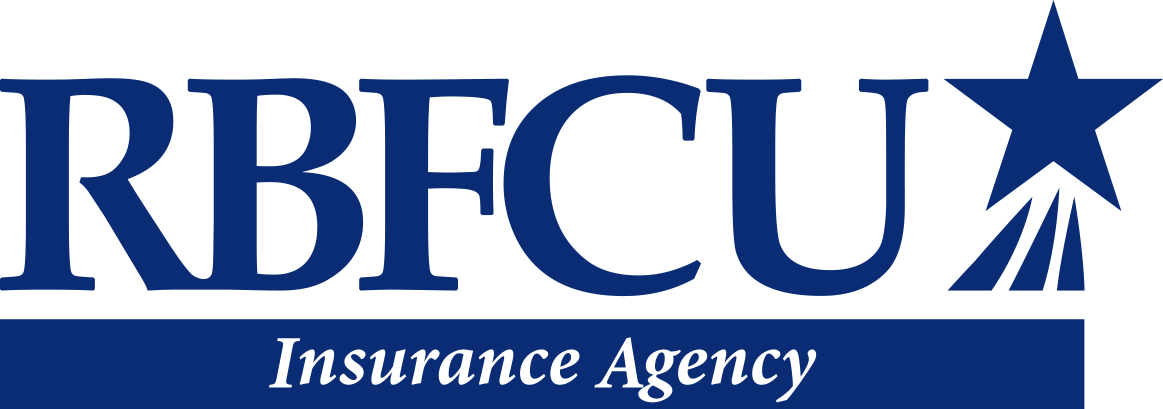Responding to Disaster: Floods and Water Damage
Rapidly rising water can present a dangerous situation across the Lone Star State, from coastal hurricanes and tropical storms to rural low-water crossings. In the event that you’ve experienced flooding or water damage, RBFCU Insurance Agency offers insights on your next steps.
.jpg?sfvrsn=b393b2a8_4)
Floods and water damage can result, of course, from Mother Nature or human beings. Indeed, you could be experiencing something in your home as simple and isolated as water damage due to a plumbing emergency. Or it could be related to something as complex and widespread as a major river breaching its banks after a severe storm or hurricane.
Then again, perhaps rising water on the roadway damaged your car while you were out running errands? Yes, vehicles can experience water damage, too.
If you find yourself addressing damage from a minor or major disaster, trust that you have our compassion and concern. Again, we also have the following tips to share.
The role your insurance provider plays now
Whatever the origin of your immediate concern, know that your insurance provider — or the company to whom you pay money for your home, auto or property coverage — is there to help you navigate a disaster’s immediate aftermath.
From assessing the extent of the damage you’ve experienced to connecting you with people who can help you make repairs to your home or automobile, an immediate and direct call to your insurance provider is among the first calls you should make.
Alas, no insurance policy covers all conceivable disasters, and floods specifically are seldom covered without a supplemental policy, if available in your geographic area. This is another reason it’s important to speak with your provider directly to determine how they may be able to help, based upon the policy you currently hold.
Yes, although your insurance agent or agency may be concerned about you and your personal well-being, it’s your provider who will walk you through those critical next steps to address needed repairs.
» Tip: Need shelter, food or safe water after a large-scale disaster? Contact the American Red Cross1 and watch or listen closely to local news media, which may have additional resources to help.
Claims and recovery
Again, in the wake of a flood or water emergency, it’s important that you call your insurance provider as soon as possible to determine what your existing policy will cover.
If you are covered for the disaster you’ve experienced, this call will help expedite your insurance claim processing and potentially speed up the repair and recovery process.
Note that, if a major flood or hurricane has occurred across a large geographic area affecting many people, it may take time to connect with your provider. The sooner you call, the earlier you’ll be on the list of visits your claims adjuster must make. Don’t delay!
You also may want to:
- Take photos and videos of the damage. Do NOT throw any items away until cleared by your insurance adjuster, also referred to as a claims adjuster.
- Make temporary repairs, if possible, to prevent further damage or for safety’s sake. Refrain from making permanent repairs, however, before your claims adjuster has seen the damage.
- Keep a list of repairs. Save all of your receipts. Document every call you have with your insurance company. And don’t forget to watch out for home improvement scams, too.
For additional disaster recovery tips, visit the U.S. Department of Homeland Security’s Ready.gov.2
Protect yourself from future flood and water damage events
If you’re reading this article with an eye to protecting your home, car or other personal property from flood and water damage, here are some forward-thinking actions you can take around your home:
- On the outside of your home, keep drains, gutters and downspouts free of debris that could cause water to pool close to your home.
- In your home’s interior, take good care to keep all systems (electrical, plumbing) in working order.
- When a flood is anticipated, roll up and store rugs, photos and other items on higher floors, if possible, to reduce risk of mold.
- Shut off electrical service to your home if outlets or wiring are submerged. If possible, raise electrical appliances above projected flood elevations.
- Use caution in rising water, especially in areas where creatures such as snakes might be displaced by floodwaters.
- Learn how to select and hire a contractor as well as how to spot a home improvement scam.
When it comes to your automobile, the most important thing to keep in mind may be to avoid swift-moving water on roadways. In the right places, even a few inches of rain could prove powerful — or deadly.
Yes, in many Texas communities, flood waters can rise quickly and present fatal consequences for drivers. To stay safe while driving, keep in mind the phrase, “Turn Around Don’t Drown®.” Never drive through flooded roadways or around barriers blocking low water crossings. Find an alternate route to your destination, allowing as much extra time as necessary to reach it.
Other basic, water-related tips for your auto include:
- Protect your upholstery from damage by simple rainstorms by keeping your windows rolled up.
- Avoid driving during bad storms.
- Seek shelter, if possible, when encountering severe storms.
- Park your car in your garage or in a place protected from heavy rain or rising water.
- Keep your wiper blades in good working order.
- Use caution when entering a car that’s been submerged for a long period of time, staying mindful of dangerous objects, creatures or toxic mold that may be inside.
- Keep in mind the unique challenges Texas drivers encounter each season.
Finally, at home and on the road, it makes sense to keep emergency supplies within easy reach and to know, in the event of an emergency, how and where to meet with your family again.
About us
At RBFCU Insurance Agency, although there are limits on what we can do to help you in the immediate wake of a disaster, we are here to help you explore insurance coverage options (including providers and rates) so that you may be better prepared for future events or accidents.
To learn more about auto and personal property coverage options, request a quote or have us review your policy today.




.jpg?sfvrsn=b6afb2a8_4)